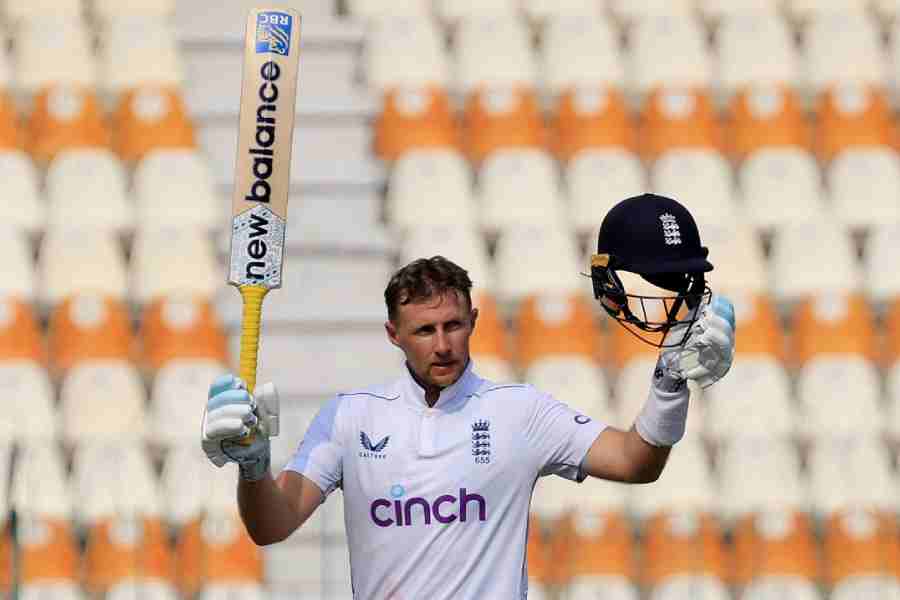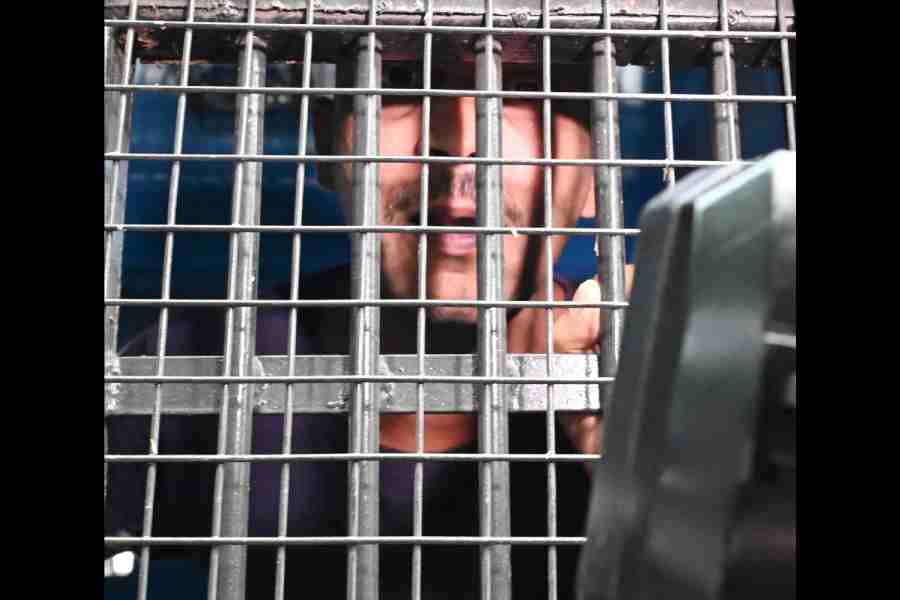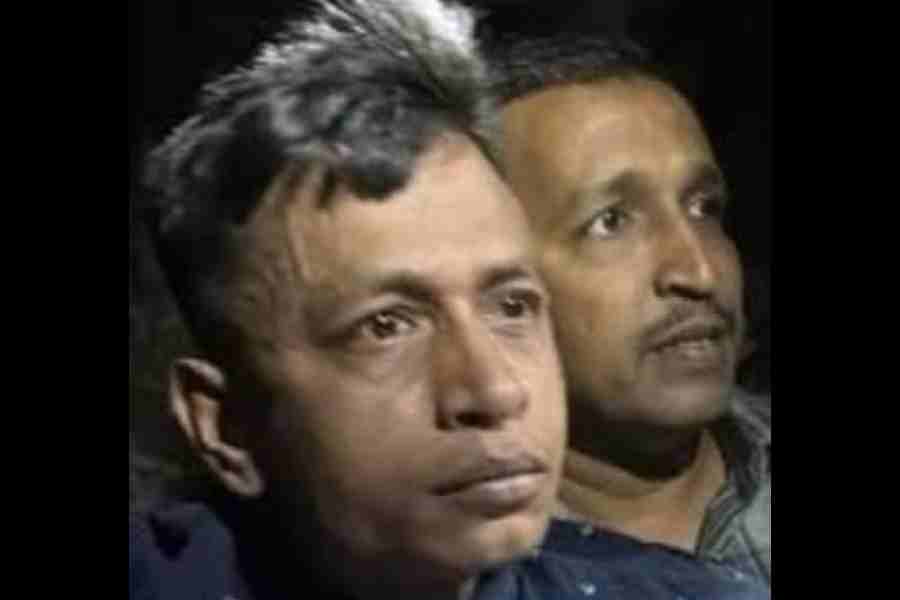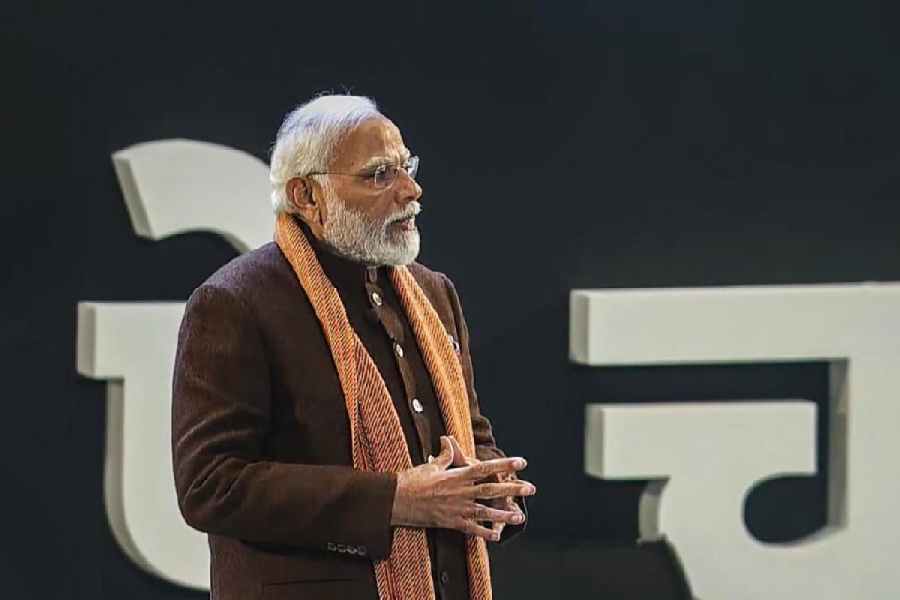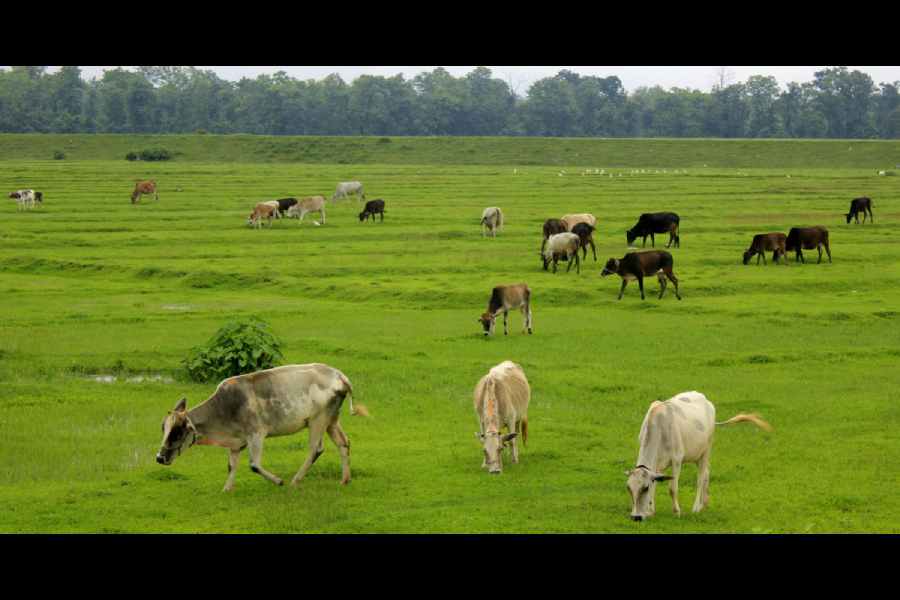Too much praise
With 36 centuries in 152 Tests, the 33-year-old Joe Root has been England’s highest run scorer. But the former England captain has been toppled as his country’s best batsman by the prolific newcomer, Harry Brook, who scored 171 and 123 in the first two Tests against New Zealand. Brook, who is 25, had scores of 153, 108, 11, 186, 109 and 317 in 24 Tests.
Root heaped extravagant praise on the young player who had seized his crown: “Brooky is by far and away the best player in the world at the minute. He can absorb pressure, he can apply it. He can whack you over your head for six. He can scoop you over his head for six. He can smack spin. He can smack seam.” Such was the burden created by the extravagant praise that Brook was out on the first ball in the first innings in the third Test which England lost. In the second innings, he managed 1 from 6 balls. Root, meanwhile, scored 32 and 55, respectively.
On a separate issue, Sir Keir Starmer’s Labour government has been condemned for slapping 20% value added tax on private school fees, making them unaffordable especially for aspirational Indians. As a consequence, a Labour critic has pointed out that “many private schools will scale back or remove sports scholarships & bursaries. Look at the England cricket team who have just won a series in New Zealand most of whom had free or greatly reduced fees at private schools. Zak Crawley (Tonbridge), Ben Duckett (Stowe), Jacob Bethell (Rugby), Joe Root (Worksop College), Harry Brook (Sedbergh). Just to name the top five batsmen.”
Festive treat
All religious festivals are celebrated at India House in London. Last week, there was a party where the high commissioner, Vikram Doraiswami, happily mixed Christmas with commerce. The Guest of honour was Pope Francis’s most senior representative in the United Kingdom, Archbishop Miguel Maury Buendi. Tenor Anando Mukerjee from Calcutta led the singing of “Silent Night” and other carols.Refreshments included not only vegetable and lamb biriyani, but Indian mulled wine, single malt whisky from India, snacks such as Bombay Mix, and coffee grown in Coorg, Chikmagalur and Baba Budangiris in Karnataka.
There were also magnums of Challiol & Charmetant champagne from a vineyard is owned by Rajiv Singhal. The label, which has writing in Devanagari, “dates back to the 19th century when it was selected to be presented at the Calcutta International Exhibition in 1883 in honour of Queen Victoria”.
Another England
The old Fleet Street, once home of Britain’s national newspapers — still called the “Street of Shame” in Private Eye — has long disappeared. 135, Fleet Street was the home of The Daily Telegraph . Its two most senior reporters when I joined in my early twenties were Guy Rais, who passed away in 2015, and R Barry O’Brien, who died on December 3 — his news stories were always two columns in length. I meet former colleagues mostly at funerals now, as I will at Barry’s, but Fleet Street was part of a now-vanished England.
Name it right
Sheela Banerjee says that when her father, Balaji Prasad Banerjee, arrived in Wolverhampton from West Bengal in 1959, aged 22, locals mangled his name. Some called him “Bill”. She has now written a book, What’s in a Name: Friendship, Identity and History in Multicultural Britain, looking at names that Indian parents in Britain give their children.
I discussed with her the latest findings from the Office for National Statistics that the most popular name for boys born in 2023 was Muhammad, with 4,661 children given this name. “It’s brilliant that parents have felt confident enough to give their kids an obviously non-British name,” says Sheela. This was followed by Noah (4,382); Oliver (3,556); George (3,494); Leo 3,416); Arthur (3,387); Luca (3,195); Theodore (2,666); Oscar (2,632); and Henry (2,490).
For girls, the top 10 names were Olivia (2,906); Amelia (2,663); Isla (2,337); Lily (2,290); Freya (2,086); Ava (2,050); Ivy (1,997); Florence (1,899); Willow (1,833); and Isabella (1,795).
“Names are about power,” argues Sheela. “How much of an effort people make to pronounce the name correctly is dependent on the power that exists between the majority and the group giving that name. When the British went over to colonise India, you didn’t find them changing their British names into variations of Indian names. And power has changed in this country in the last 50-60 years. We are now in the second, third and fourth generation of Asians and they won’t tolerate having Balaji anglicised to Bill, for example.”
The House of Lords last week suspended an uppity Englishwoman, Lady Catherine Meyer — her late husband was the British ambassador in Washington — for three weeks for referring to the Indian Lord Navnit Dholakia as “Lord Poppadom”.

